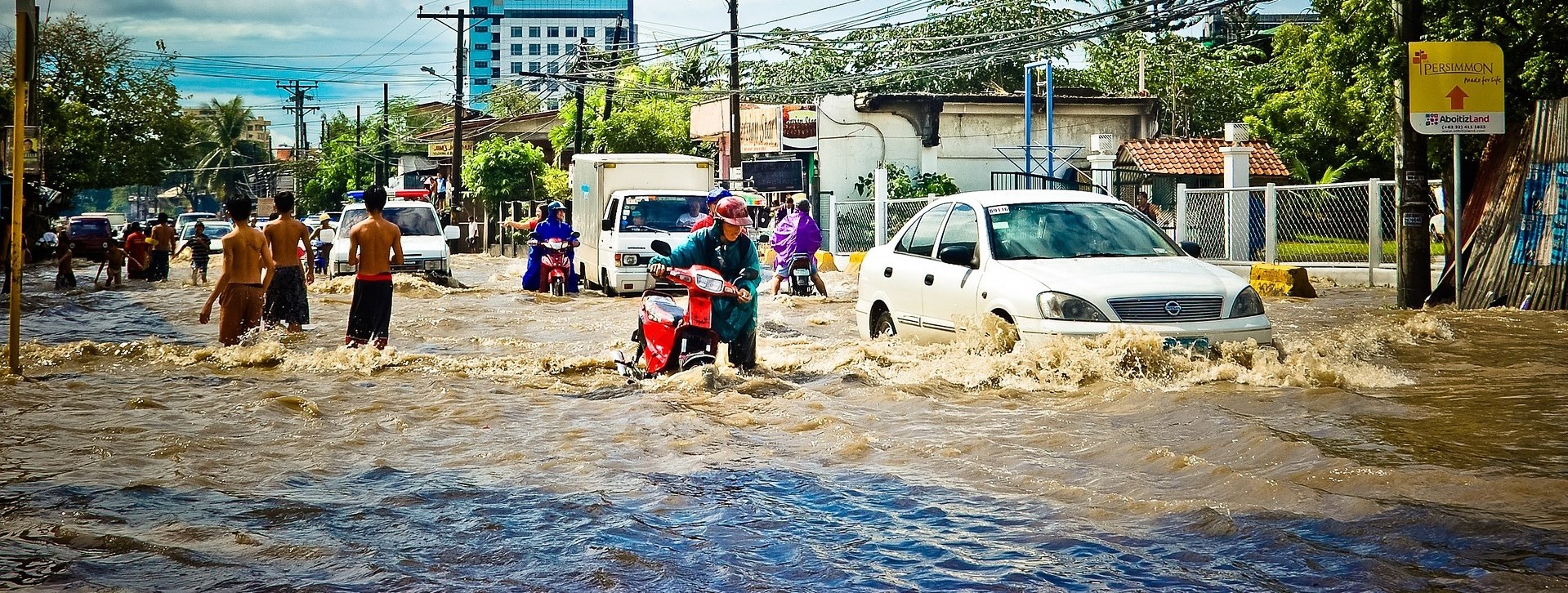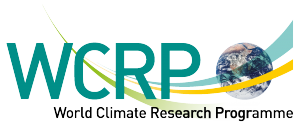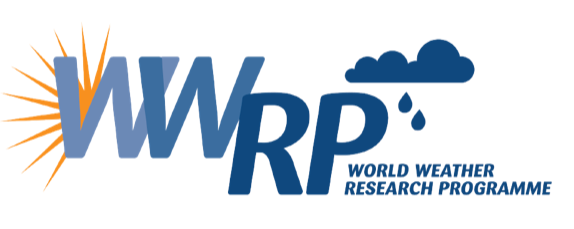(Photo: J. Lloa – Pixabay)
Workshop on Understanding and Modeling Complex Risks in Coupled Human-Environment Systems
8 – 10 February 2022, online
Programme in pdf (Time in CET)
Workshop description
Losses from extreme weather events increased globally over the last decades and are expected to further increase in the future as a consequence of climatic and socio-economic changes. These losses arise from a complex interplay between human and environmental systems, whose outcomes are often hard to predict. Yet, developing plans and policies for managing risks from extreme weather and climate events is an urgent and paramount task for societies. Risk quantification and management increasingly rely on the use of model simulations of various kinds (e.g., natural catastrophe models, agent-based models, system dynamic models, etc.), and of a diverse set of techniques (e.g., extreme value analysis, scenario analysis, exploratory modeling and analysis, etc.). The value of these tools for risk quantification and management improved over the years due to increasing research, data availability and computational power. Yet, there are still significant gaps that offer many research opportunities, including – but not limited to – a better treatment of uncertainties, an improved integration of feedback mechanisms between climatic and socio-economic changes, and the need of expanding models from single to multi-hazards and -vulnerabilities.
Furthermore, systemic risks arising from the interaction of phenomena within complex and highly interconnected human-environmental systems are poorly understood, let alone modeled. Systemic risks do not often have a track record which can be used to estimate probabilities and expected losses or calibrate models, which creates methodological challenges. With these types of risks, commonly used statistical techniques may fall short and, thus, new methods to quantify and understand the systemic nature of risk are needed.
With the aim of addressing these challenges, the Risk Modeling and Insurance Working Group of the Knowledge Action Network on Emergent Risks and Extreme Events (Risk KAN) organizes a three-day workshop to bring together scientists and practitioners in the field of modeling risk in human and environmental systems.
Sessions and programme (Time in CET)
Systemic Risk (Feb 8)
click here for more information
Advances in Modeling Socio-Economic Impacts (Feb 9)
click here for more information
Resilience and Adaptation (Feb 10)
click here for more information
Deadlines
Abstract acceptance: 1 December 2021
Registration: 6 December 2021 – 31 January 2022
Potential outcomes
Registration closed
Organizers
The virtual workshop is hosted by the University of Hamburg, Center for Earth System Research and Sustainability (CEN-IT) through support of the Cluster of Excellence Climate, Climatic Change and Society (CLICCS)


Alessio Ciullo*, Institute for Environmental Decisions, ETH Zurich. Email: alessio.ciullo@usys.ethz.ch.
Jana Sillmann, Research Unit for Sustainability and Climate Risks, CLICCS/CEN, University of Hamburg.
Jürgen Scheffran, Research Group Climate Change and Security, CLICCS/CEN, Institute of Geography, University of Hamburg.
Christian Franzke, Center for Climate Physics, Institute for Basic Science and Pusan National University.
*Contact person for further information. As subject line, please use: “RISK-KAN Workshop”




